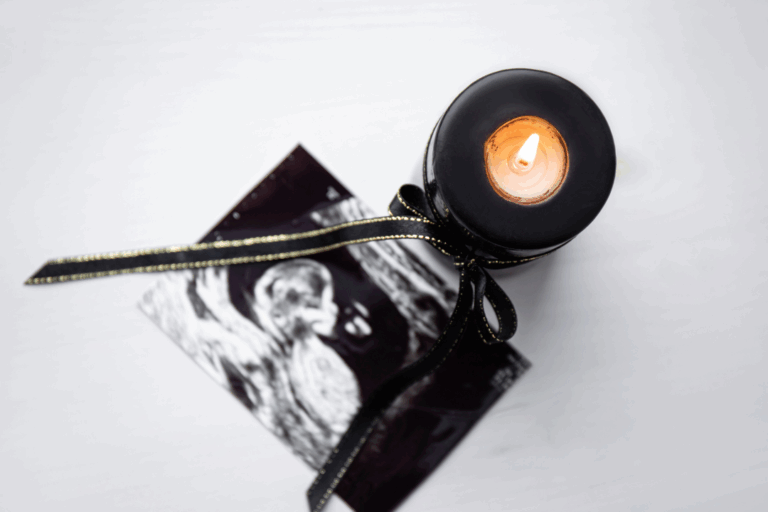Diarrhea and Vomiting excerpt is taken from Baby Sense , by Meg Faure & Ann Richardson, [Metz Press].
Gastroenteritis
Gastroenteritis (gastro) is a viral infection of the stomach and small intestine that leads to excessive vomiting and diarrhea. After a few hours of vomiting your baby will develop very watery diarrhea and this occurs more than three times a day. The vomiting usually lasts about 24 hours but the diarrhea can last for up to 7 days. The commonest cause is the virus Rotavirus and we have a very safe and effective vaccine against this virus.
Effect on feeding
If your baby has gastro he will feel nauseas and may have stomach cramps, Both of these problems will mean he has no appetite and will stop eating.
What to do
Dehydration is the major complication you want to avoid and this is avoided by providing oral rehydration solution (ORS). This is a fluid made of salt, water and glucose and is rapidly absorbed when drunken.
Make the solution as follows:
- Cool 1 litre of boiled water
- Add 8 level teaspoons of sugar
- Add 1 level teaspoon of salt
There are many commercially available brands. These are very effective but be sure to read the mixing instructions and that these are followed accurately.
Remember that your baby will not dehydrate unless the amount of fluid coming out in the vomiting and or diarrhea is more than you are able to get into your baby. So, a baby will not dehydrate after one or two vomits or one or two diarrhea stools.
The trick is to give the solution in small volumes frequently even while the baby is in the vomiting phase. Aim to give about 25ml of solution at one time and repeat this every 15 – 20 minutes. Continue to give the solution at this rate as long as the baby wants to drink and is not vomiting. If the baby is refusing the solution then try giving it in 5ml amounts on a teaspoon. There are some babies who refuse to drink the solution and in this situation give whatever fluid they will not vomit and this includes the milk. There is no reason to stop the baby’s milk feeds during Gastroenteritis. The milk products only become a problem if he develops chronic diarrhea and that is after ten days of diarrhea. The same goes for food. If your toddler wants to eat food then offer the food as long as he does not vomit. If you are at the point where no matter what you give, your baby vomits, then you must seek medical help.
When to call the doctor
The DANGER signs of Gastroenteritis are:
- Persistent high fever that does not settle easily
- Dehydration
- Blood in the stools
If your little one is showing any of these signs, seek medical attention immediately.




